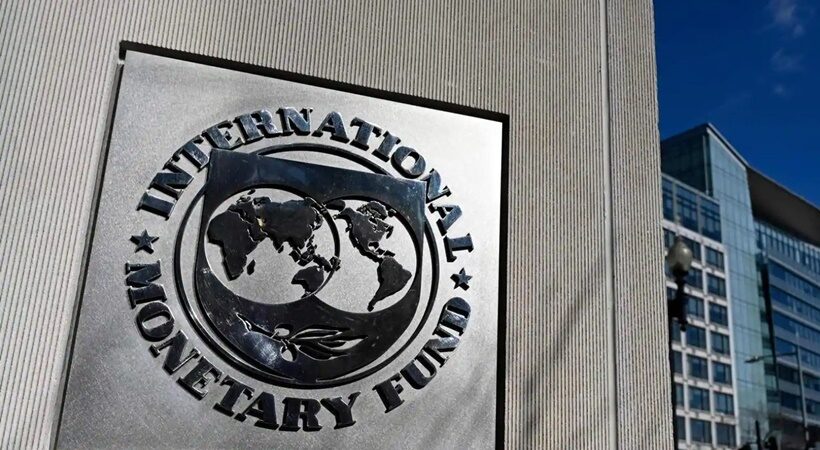The Indian government is engaging with the International Monetary Fund (IMF), the World Bank, and Indian regulators to formulate India’s crypto policy. “We’ve gone out to institutional stakeholders both inside and outside the country.” “We are adopting ideas from the IMF and the World Bank,” an official from the Indian finance ministry stated.
The Indian government is discussing cryptocurrency policy with the IMF, the World Bank, the Reserve Bank of India, and the Securities and Exchange Board of India.
According to the Mint publication on Thursday, Indian finance ministry officials are discussing a framework for cryptocurrency with various stakeholders such as the International Monetary Fund (IMF), the World Bank, the Reserve Bank of India (RBI), and the Securities and Exchange Board of India (SEBI).
One of the officials revealed, “We have drafted a consultation paper on cryptocurrencies,” adding, “We have drafted a consultation paper on cryptocurrency.”
We’ve now reached out to institutional stakeholders both inside and outside the country. The IMF and the World Bank are providing input, which we are incorporating. “We will amend the consultation document based on that, and we will update it based on the responses from the RBI and SEBI,” the person added.
According to the journal, the finance ministry’s consultation paper, which is scheduled to be finalized in the next six months, will include dealing with cryptocurrencies, related risks, and their treatment as an asset class and serve as the foundation for India’s crypto policy.
Nirmala Sitharaman, India’s finance minister, has stated that the government has not determined whether to regulate or ban cryptocurrency. In the meantime, crypto income will be taxed at 30%, and all crypto transactions will be subject to a 1% tax deducted at source (TDS).
According to the journal, the IMF’s mission leader for India, Nada Choueiri, crypto-assets pose considerable dangers, especially financial stability. She opined, without particularly addressing India’s crypto policy:
Money laundering, terrorist financing, and other illicit actions can all be carried out with cryptocurrency assets. Unless concrete regulatory measures are established, the crypto-assets ecosystem could face major consumer protection concerns, including fraud and cyberattacks.
She also stated that the IMF talks with other governments to develop an effective crypto-asset policy.
IMF Deputy Managing Director Gita Gopinath recently stated that additional regulatory work on crypto and digital money is required. “We’ve clearly seen an uptick in the use of cryptocurrencies” in the run-up to the Russia-Ukraine conflict, she noted, underlining that “it happens more in emerging economies than in others.”
“Regulation is definitely vital for this sector,” Gopinath remarked in December. If this is being used as an investment asset, then the laws that apply to other investment classes should also apply here.”
Furthermore, Bloomberg reported that India would only draught cryptocurrency legislation after a global agreement on crypto-assets is established.



















